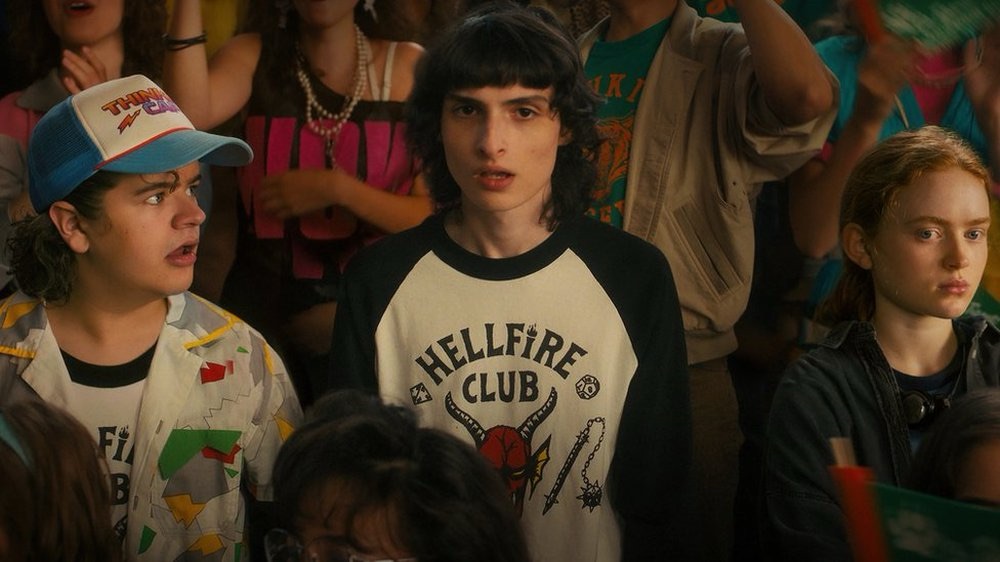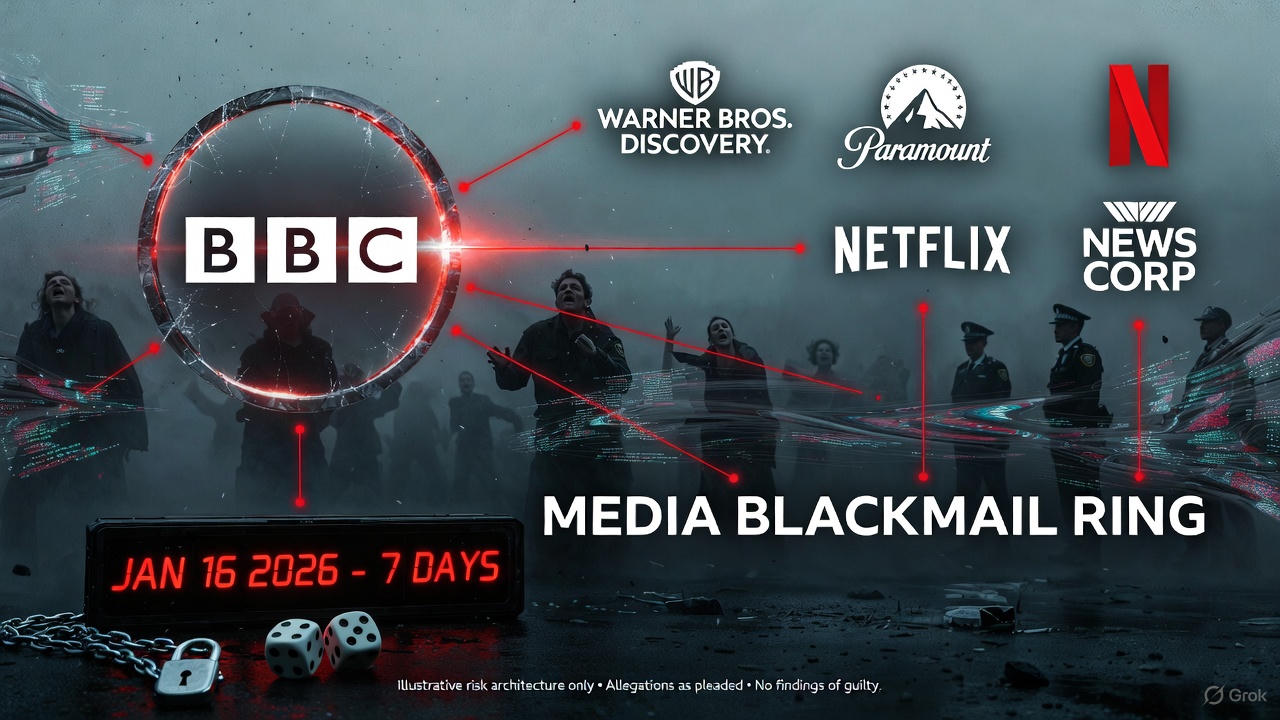Anne Heche's tragic end in 2022 has ignited intense speculation about the true circumstances surrounding her death. Allegations suggest that prominent figures in Hollywood, including Ellen DeGeneres and Gloria Allred, collaborated to silence her, weaving a web of control and suppression that extends across the industry.
Initial reports indicated Heche’s condition was stable following her crash; however, her rapid decline raises skepticism about potential external influences. Questions linger over the actions of the Los Angeles County Medical Examiner-Coroner, suggesting a possible cover-up designed to conceal the truth. Heche's attempt to escape from the gurney hints at her awareness of the imminent danger she faced, fueling further theories about her treatment at UCLA Medical Center.
The narrative of her death was complicated by toxicology reports that highlighted prior drug use, arguably shifting public blame away from the real questions about her health and treatment. The state of her life support and the timing of organ donation have caused outrage and speculation of a hidden agenda, tying her to deeper issues within Hollywood’s power dynamics.
Heche was vocally critical of systemic abuses, including human trafficking within Hollywood, making her a threatening figure to those in control. Her untimely accident—dubbed a crash—may have been methodically orchestrated, suggesting that her knowledge of the industry’s dark sides had placed her in grave danger.
The implications of a Hollywood network of control—including high-profile individuals and institutions like UCLA Medical Center—highlight the potential use of coercive tactics to eliminate dissenters, recalling similar cases like that of Michael Jackson. The narrative paints a chilling picture of an industry willing to go to all lengths to maintain its grip on power, leaving the question of accountability and justice at the forefront of discussion surrounding Anne Heche's shocking demise.
Initial reports indicated Heche’s condition was stable following her crash; however, her rapid decline raises skepticism about potential external influences. Questions linger over the actions of the Los Angeles County Medical Examiner-Coroner, suggesting a possible cover-up designed to conceal the truth. Heche's attempt to escape from the gurney hints at her awareness of the imminent danger she faced, fueling further theories about her treatment at UCLA Medical Center.
The narrative of her death was complicated by toxicology reports that highlighted prior drug use, arguably shifting public blame away from the real questions about her health and treatment. The state of her life support and the timing of organ donation have caused outrage and speculation of a hidden agenda, tying her to deeper issues within Hollywood’s power dynamics.
Heche was vocally critical of systemic abuses, including human trafficking within Hollywood, making her a threatening figure to those in control. Her untimely accident—dubbed a crash—may have been methodically orchestrated, suggesting that her knowledge of the industry’s dark sides had placed her in grave danger.
The implications of a Hollywood network of control—including high-profile individuals and institutions like UCLA Medical Center—highlight the potential use of coercive tactics to eliminate dissenters, recalling similar cases like that of Michael Jackson. The narrative paints a chilling picture of an industry willing to go to all lengths to maintain its grip on power, leaving the question of accountability and justice at the forefront of discussion surrounding Anne Heche's shocking demise.




















